7 Tips on Dealing with Isolation, by an Olympian and World Windsurfing Champion
Tony Philp, TOJ Ambassador, Olympic Sailing and 13-time Windsurfing world champion has spent a lot of time waiting for waves at a break. Here's his advice on dealing with isolation.

Tony Philp has spent more time on the water than most humans. This is part of the reason Tony was an Olympic athlete and a multiple windsurfing world champion. It's also why he's one of the only athletes to be inducted into the distinguished Order of Fiji. We reached out to The Outdoor Journal's ambassador to get some insights on how to cope with isolation given his extended periods of time out at sea either alone or confined with a few others.
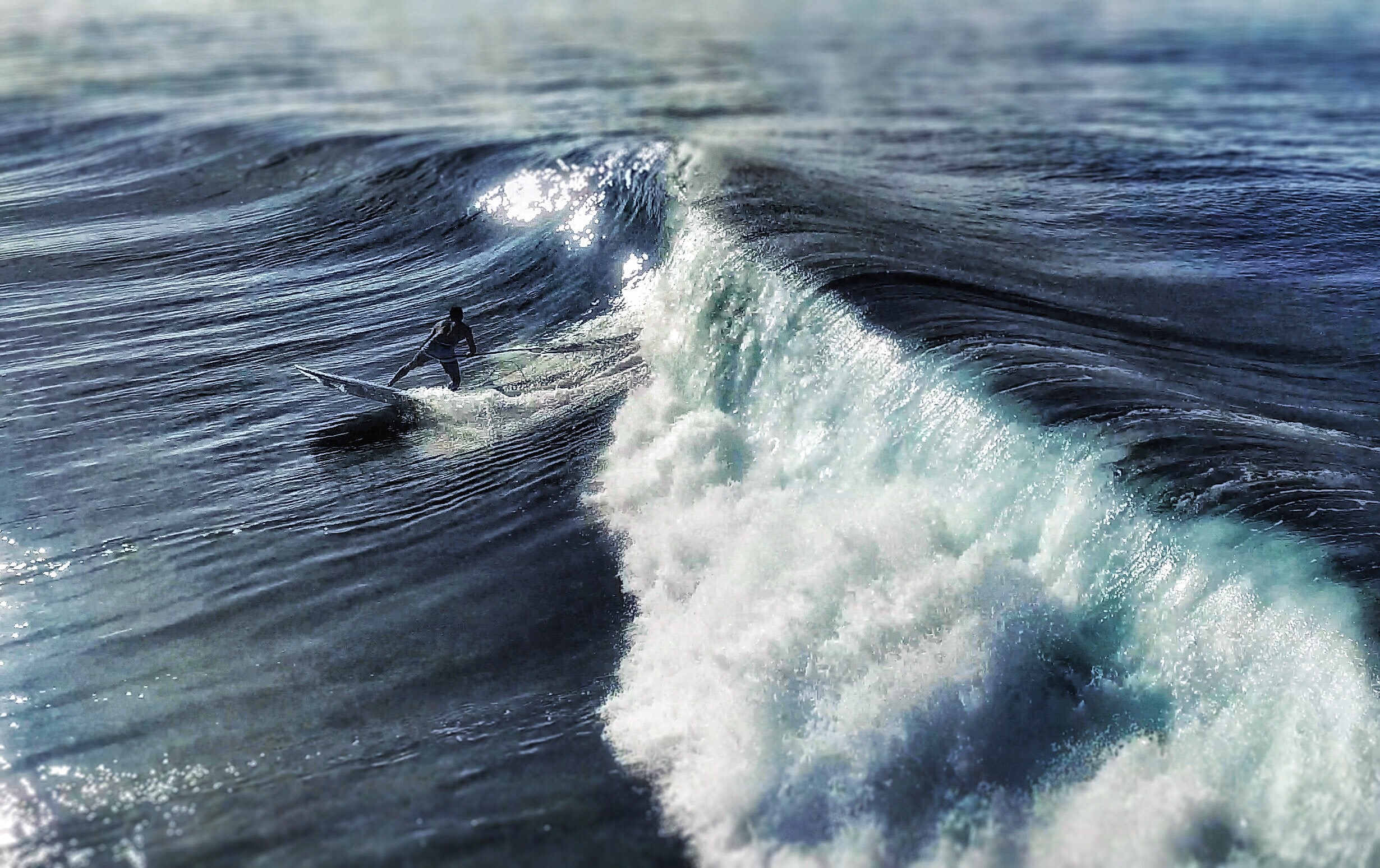
Routine
The first thing you have to do is create a routine for yourself and stick to it. For example, as soon as you wake up, at a consistent time, make your bed. It seems like a small thing but it gives you a sense of accomplishment that will set the mood for the rest of the day. At sea, I would do things depending on the activity and conditions of course, but in the context of a land-based home, as I am now, I always start my day with a glass of water as soon as I get up, followed by a workout (15-20 mins without fail), then a coffee (I am addicted, what can I say), then shower before really getting into my day.
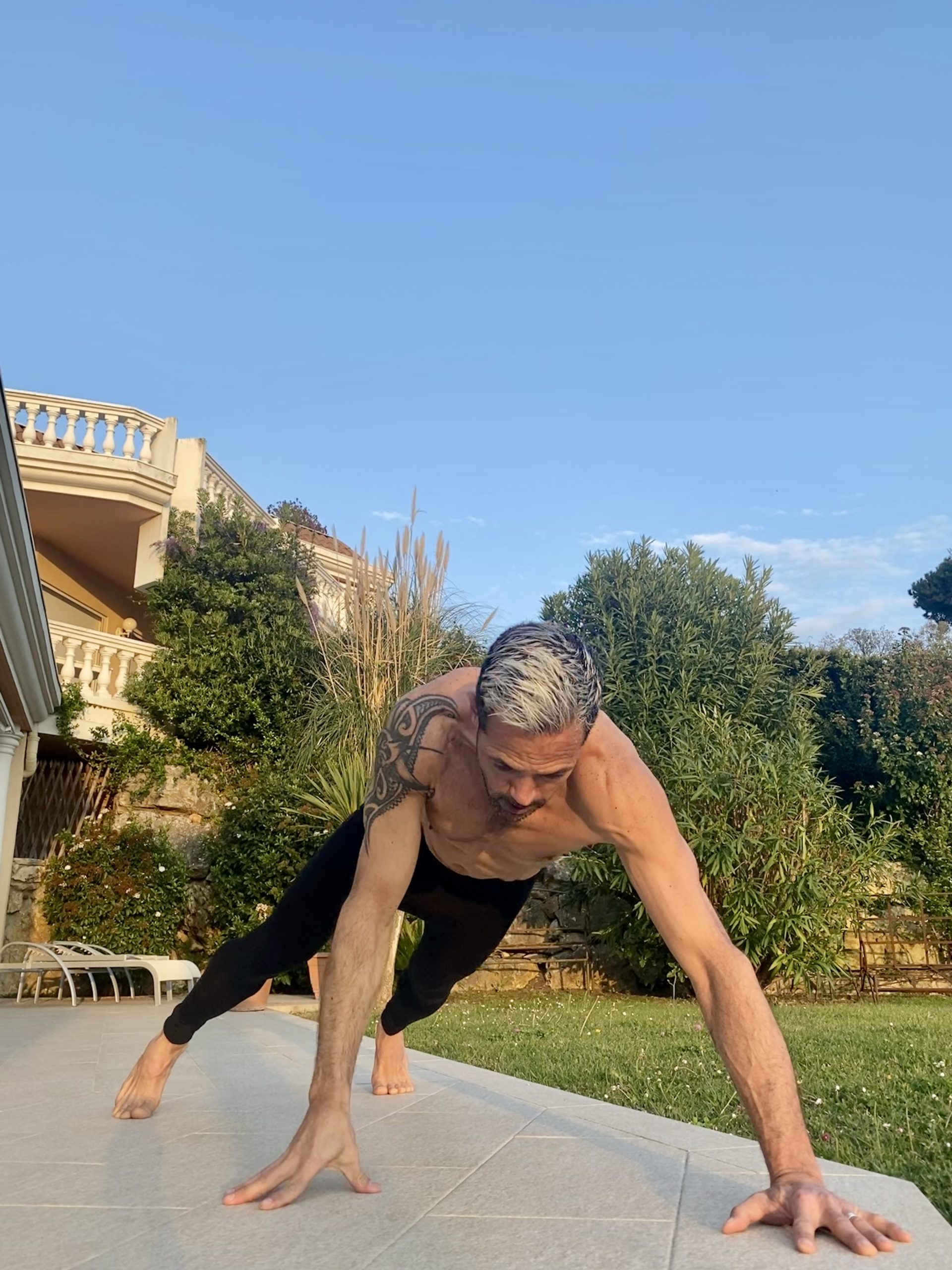
Cleanliness
Take extra care to keep yourself in top shape as well as keeping your surroundings clean. Your surroundings really are a reflection of your mental state, so a clean and orderly space is also a safe and more relaxing area to be confined to. Physical cleanliness is also important and even more so during these times of the coronavirus.

Rest & Relaxation
Downtime is necessary. Set aside time for distraction and recharging your mind and your morale. You can have different methods of doing this. For example I would ‘switch off’ and read the world news for an hour with an infusion (I rarely have alcohol but a glass of sweet wine is the occasional exception to the rule) before going to sleep which helps me sleep better and be recharged for the next day. You can wind down the same way or with a movie (I'm a big fan of series, biopics, and documentaries), engage in storytelling with your kids, even a good video chat with friends and family which is a wonderful way to stay connected socially in these difficult and unprecedented times.

Avoiding Conflict
Conflict is something that anyone can sense when it starts boiling. It’s a personal decision how to handle it. Given you’re isolated, you have to be ready to accept the consequences of dealing with it poorly and not being able to ‘get out’ of it. It’s a good time to learn self-control, maybe even meditation, and focus on your empathy which teaches you how to take a step back before situations escalate.

Communication
It’s not only about communicating with someone you’re eventually confined with, but also remembering to communicate with people around you via text, video, audio, or even by letter if you want to be a little romantic. Unlike being on a boat in the middle of nowhere, we have the luxury of being able to talk to anyone anytime. On a similar note, don’t forget to communicate also via a personal diary. Even just a few sentences a day on a notepad or a digital screen with how you felt, a highlight of that day, a single piece of news from the day and even a selfie. Looking back at diaries I kept when I was in special circumstances is always an incredible experience.
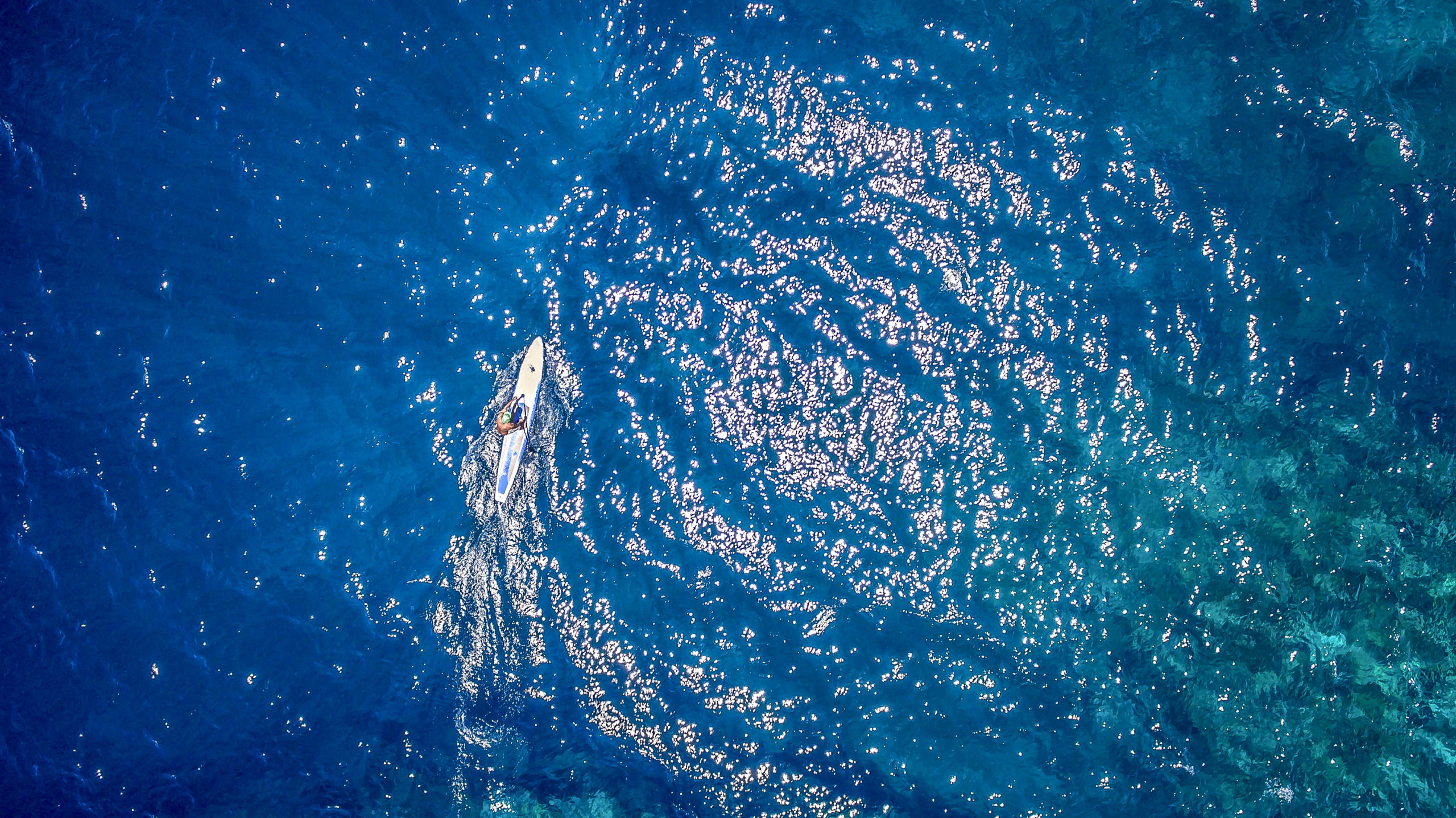
Activity
Don’t forget to do physical as well as mental exercise. I personally do at least 30-40mins every day but I also practice mindfulness by ‘meditating’ often and I find it centers me. Taking a simple walk around the block, a few stretches at home, is enough to get the body jump-started. I personally love to ride my skateboard whenever I can, even around the house for a couple of meters. If you’re in front of a screen a lot, take a 3-5 minute break for every 20-25 minutes. This is a take on the popularly named ‘Pomodoro Technique’.

Intimacy
If you’re confined with a partner, don’t forget about intimacy, both physical and mental. You may not be used to being in the same place with your partner for more than a few hours a day so being under the same roof all the time, for an extended period of time, can be difficult. I am fortunate to be married to a cultured, creative, and curious woman (fashion designer, photographer, artist) but in isolation even with the most amazing person you can have a conflict if you are not careful and take each other for granted. My wife and I always cook together and take our meals together, even have romantic dinners though we are not the romantic type (but this period calls for different measures) as well as play games we don't normally do together (chess, backgammon, or whatever we have), and occasionally exercise together... basically anything that promotes proper interaction between us. Most importantly we always try to have fun and never forget that we love each other and that we are there for each other in good or hard times.
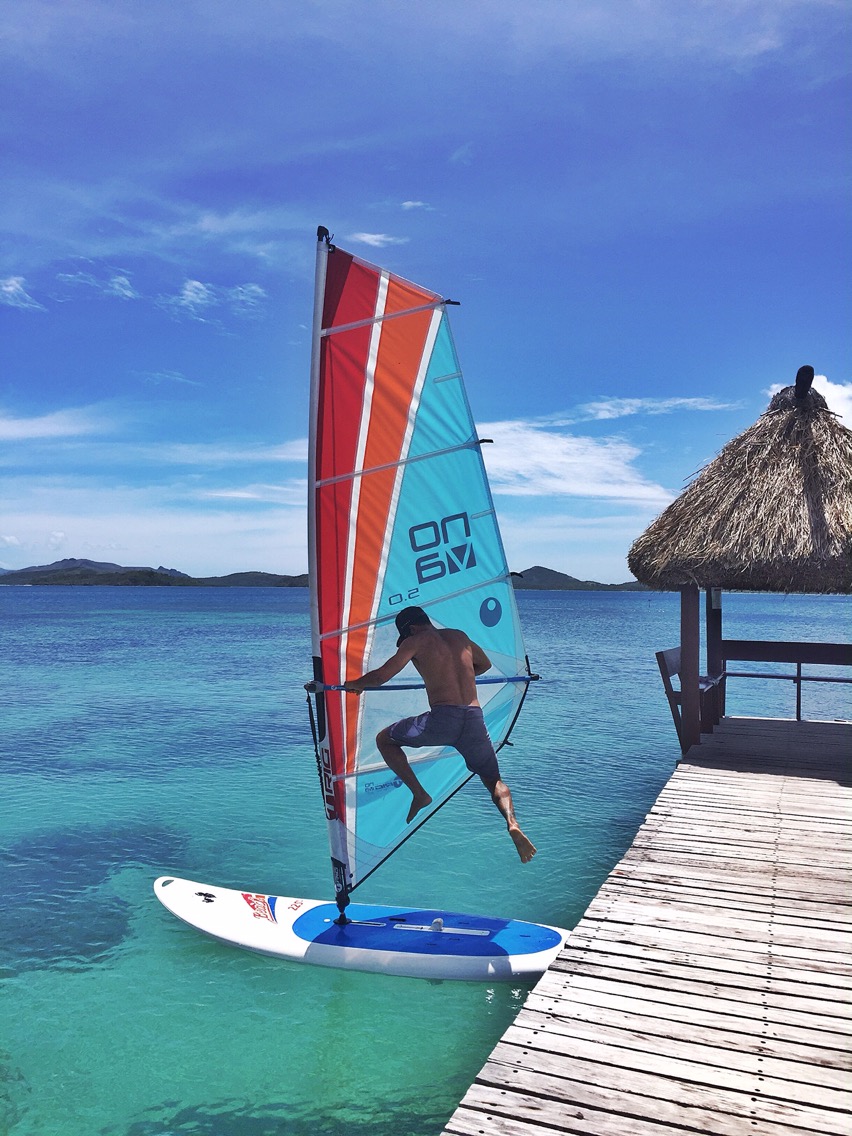




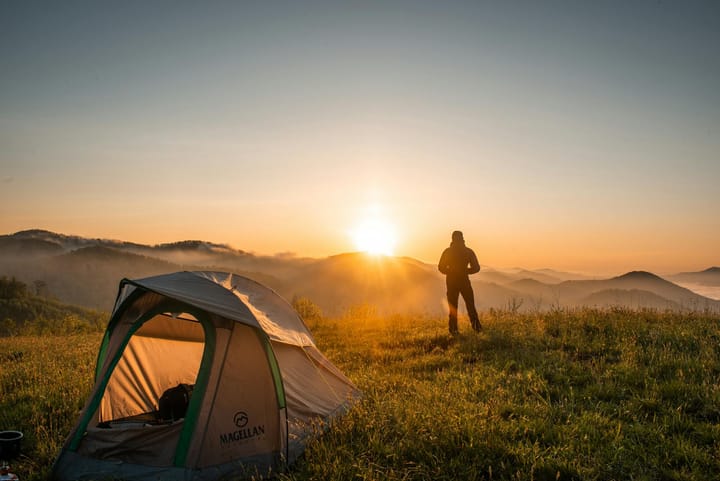
Comments ()